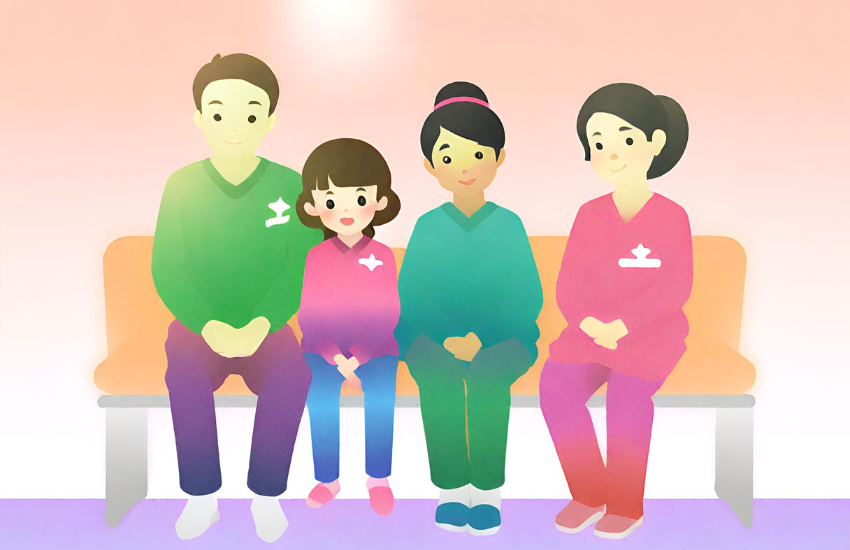
If your child often breathes through their mouth, snores while sleeping, has restless sleep, frequently tosses and turns at night, or complains of headaches, it may be a sign of enlarged adenoids. Enlarged adenoids, also known as adenoid hypertrophy, can be a common condition in children that can cause a range of problems.
The adenoids are small glands located in the back of the nose and throat that help fight infections. They are typically largest in children between the ages of two and six and tend to shrink as a child ages. However, in some cases, the adenoids can become inflamed or enlarged, leading to various symptoms and complications.
Enlarged adenoids can cause difficulty breathing and decreased oxygen intake, leading to mouth breathing and snoring. Mouth breathing can alter the development of the facial structure, leading to what is commonly called "adenoid face" or "long face syndrome." Severe cases may cause a reduced expansion of the lungs, which can result in abnormal chest development. Additionally, enlarged adenoids can cause hormonal imbalances that may result in growth and developmental issues.
The potential harm caused by this condition on a child is considerable and severe. In addition to conservative treatment options, surgery may be recommended for some children with enlarged adenoids, depending on the specific circumstances. However, parents may be hesitant to pursue this option. It is important to assess whether the child's condition is physiological or pathological, in order to determine whether surgical intervention is necessary.
Pathological adenoid enlargement is often caused by acute inflammation. If the child continues to experience symptoms after the inflammation has subsided, surgery may be needed to address the problem. Surgical intervention is necessary in cases where there is a risk of paroxysmal respiratory obstruction, significant impact on normal physical development, facial deformities of varying degrees, or suspected malignancy.
Selective surgery may be appropriate for cases where the child has upper airway breathing difficulties, dysphagia, speech disorders, or frequent episodes of otitis media or sinusitis.
At Linkdr, our team of medical professionals can provide specialised treatment for enlarged adenoids, tailored to the individual needs of your child. We recognise the challenges that come with nasal congestion and are dedicated to helping your child breathe easier, improve their quality of sleep, and enhance their overall quality of life.
Don't let enlarged adenoids hinder your child's well-being. Contact us @ hello@linkdr.sg to learn more about our services and how we can help your child today!




